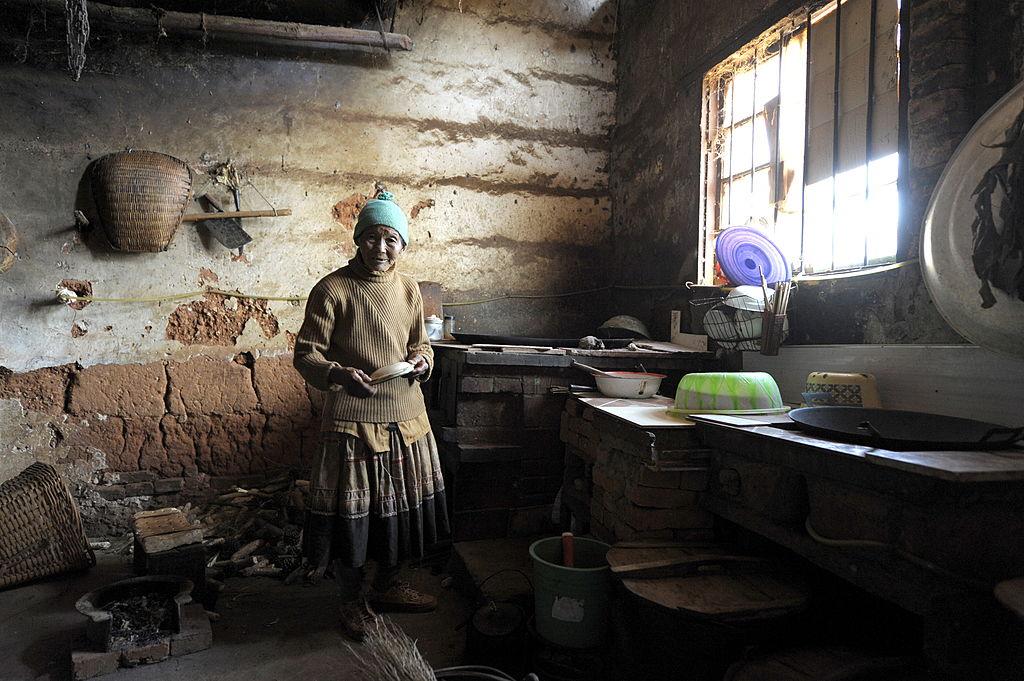Last October at a forum in Beijing, Chinese Chairman Xi Jinping pledged by 2020 to lift out of poverty the poorest of Chinese—the 70 million who make less than $1 a day.
Nearly a year later, the ambitious plan been fraught with setbacks. Many of the Communist Party officials initially assigned to provinces in the greatest need of assistance have been found to be either corrupt or incompetently lazy.
In an Aug. 16 report, the state-run China Youth Daily made an example of Yunnan, a province far to the southwest and on the front line of Xi’s fight against poverty.
Here, almost 40,000 Party officials were assigned to their tasks and were supposed to render aid to 4.7 million people in over 4,000 “poverty villages.” But starting in April, the Yunnan authorities have issued removal orders for 1,117 of the functionaries. Among the reasons are “not putting their hearts in the work,” or “talking the talk without walking the walk,” China Youth Daily said.
Common complaints (and grounds for removal) included unexpected absences from work and spending less than 50 days at work during a whole season. Officials removed from their assignments were punished by being barred from promotions or subject to further education and training. In other cases they were simply sacked.
While the state-run Xinhua news agency has reported the exploits of model officials taking a hands-on role in supporting locals in their daily lives—an example being officials in the Chongqing municipality who helped villagers raise goats or farm walnut trees, Xi Jinping’s continuing anti-corruption campaign has painted a less flattering portrait of China’s officialdom. Some suspects were caught with golden statues of Chairman Mao, boxes full of bribery money, and truckloads of riches.
On Aug. 8, the Party’s anti-corruption authority reported that Luyi Sifu, a former village Party secretary in the northwestern province of Qinghai, transferred 1.5 million yuan (about $226,000) in government-issued food subsidies to his own account. Luyi has since been expelled from the Party.
Two days earlier, on Aug. 6, 2016, the Central Commission for Discipline Inspection (CCDI) reported that in the first six months of this year, 182 Party officials in China’s southern province of Guangdong received disciplinary punishment and 7 others were prosecuted for work-related problems related to their anti-poverty duties.
In another report this March, CCDI offered two hotlines for people in the central Chinese province of Gansu, to report corruption in the poverty-assistance effort in the province.




